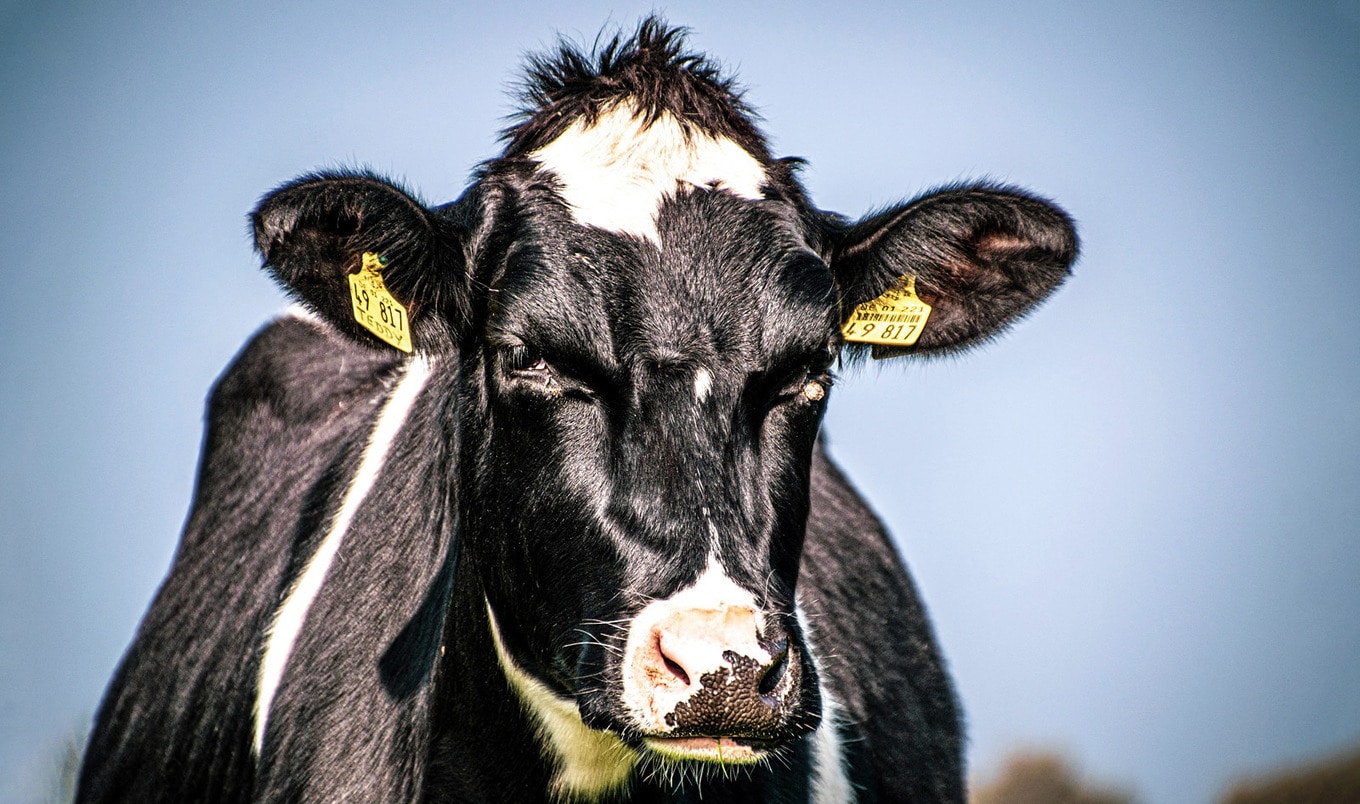A vegan diet is the least impactful on the climate compared to other popular diets, according to a new study published in The American Journal of Clinical Nutrition. The study, which compared popular diets on both nutrition quality and environmental impact, also found that keto diet and paleo diet score among the lowest on overall nutrition quality and were among the highest on carbon emissions.
The study compiled diet quality scores using data from more than 16,000 adult diets collected by the Centers for Disease Control and Prevention’s National Health and Nutrition Examination Survey. Individual diets were assigned point values based on the federal Healthy Eating Index and average scores were calculated for those eating each type of diet.
Canva
While other researchers have examined the nutritional impact of keto and paleo diets, this is the first study to measure the carbon footprints of each diet, as consumed by American adults, and compare them to other common diets, according to the study’s senior author, Diego Rose, professor and nutrition program director at Tulane University School of Public Health and Tropical Medicine.
Table of Contents
Vegan diet best for the environment
A vegan diet was found to be the least impactful on climate, generating 0.7 kg of carbon dioxide per 1,000 calories consumed, less than a quarter of the impact of the keto diet. The vegan diet was followed by vegetarian and pescatarian diets in increasing impact.
Of the diets analyzed, the vegan and vegetarian diets scored highest on nutritional quality behind the pescatarian diet.
On the other end of the spectrum, the study found that the keto diet, which prioritizes high amounts of fat and low amounts of carbs, was estimated to generate almost 3 kg of carbon dioxide for every 1,000 calories consumed. The paleo diet, which eschews grains and beans in favor of meats, nuts, and vegetables, received the next lowest diet quality score and also had a high carbon footprint, at 2.6 kg of carbon dioxide per 1,000 calories.

Ella Olsson
“We suspected the negative climate impacts because they’re meat-centric, but no one had really compared all these diets—as they are chosen by individuals, instead of prescribed by experts— to each other using a common framework,” Rose said in a statement.
The omnivore diet—the most common diet, represented by 86 percent of survey participants— sat squarely in the middle of the pack of both quality and sustainability. Based on the findings, if a third of those on omnivore diets began eating a vegetarian diet, on average for any given day, it would be equivalent to eliminating 340 million passenger vehicle miles.
Notably, however, when those on omnivorous diets opted for plant-forward diets such as the Mediterranean or meat-limiting DASH diets, both carbon footprints and nutritional quality scores improved.
“Climate change is arguably one of the most pressing problems of our time, and a lot of people are interested in moving to a plant- based diet,” Rose said.
“Based on our results, that would reduce your footprint and be generally healthy.”
Moving people towards a healthier, more sustainable diet
A 2021 United Nations-backed study found that 34 percent of greenhouse gas emissions come from the food system. The major share of those emissions come from food production, with beef being responsible for eight to 10 times more emissions than chicken production and over 20 times more emissions than nut and legume production.
 Pexels/Matthis Volquardsen
Pexels/Matthis Volquardsen
While the environmental impacts of specific foods have been studied extensively, Rose said this study was important because “it considers how individuals select popular diets that are composed of a wide variety of foods.”
Going forward, Rose still has questions about how to encourage eating habits that are better for people and the planet. “I think the next question is, ‘How would different policies affect outcomes and how could those move us toward healthier, more environmentally friendly diets?’” Rose said.
Which diet is best for health?
In addition to this new study confirming the nutritional and environmental benefits of a plant-based diet, other studies have noted its health impacts compared to the keto diet. A review published in medical journal JAMA Oncology last year found that a whole food plant-based diet beats out a keto diet when it comes to reducing cancer risk and helping people live healthier lives after cancer treatment.
“Most of the available data support a whole foods, plant-based diet over a ketogenic diet for reducing the risk of cancer,” Neil Iyengar, MD, study co-author and medical oncologist at New York’s Memorial Sloan Cancer Center, said in a statement. “After a cancer diagnosis, a plant-based diet still appears to be superior.”

Conversely, in 2022, the keto diet was named the least-healthy diet of the year by a panel of diet and nutrition experts in the US News and World Report annual diet rankings, which ranked 40 different diets.
A separate review published in scientific journal Frontiers in Nutrition found that people who follow a keto diet have a significantly increased risk of developing heart disease, LDL cholesterol buildup, kidney failure, Alzheimer’s disease, diabetes, and cancer.
That study’s authors suggested that the negative side effects of a keto diet are attributed to the nutrient quality of the food being consumed. Specifically, the diet promotes a high intake of red meat, processed meat, and saturated fats, all of which have been linked to increased risk of chronic diseases such as colon cancer and heart disease.







.jpg?sha=1491c255b49d3e03)